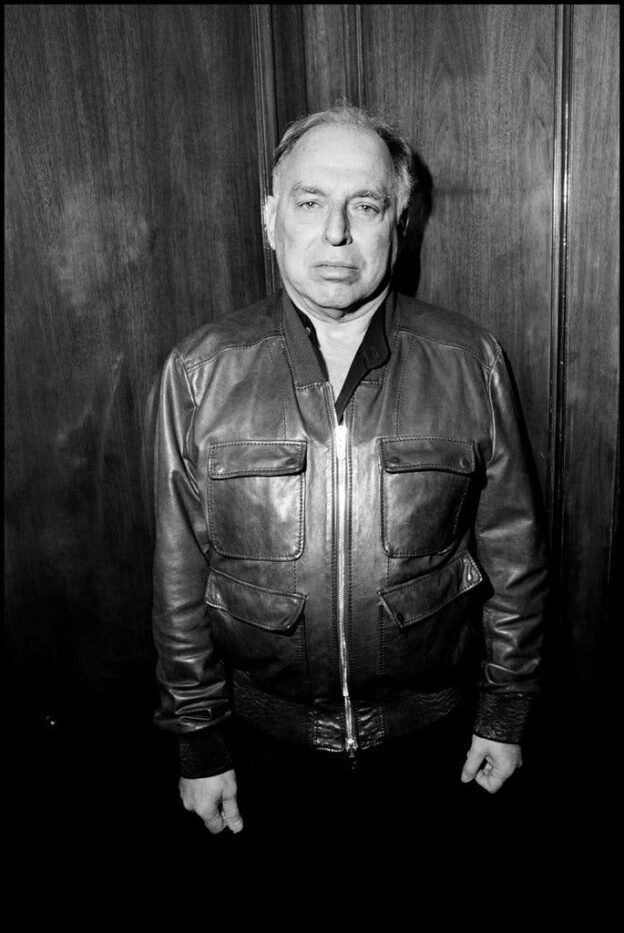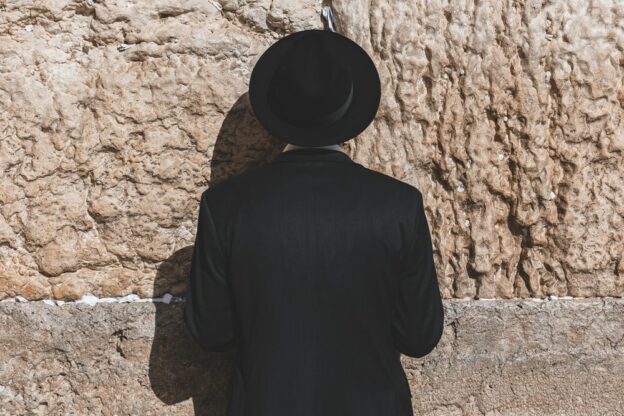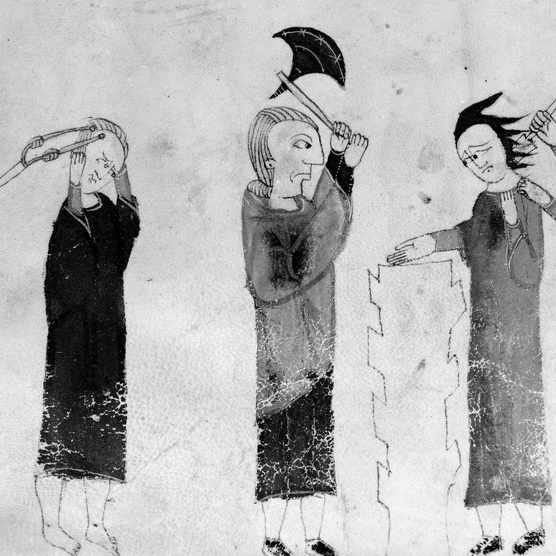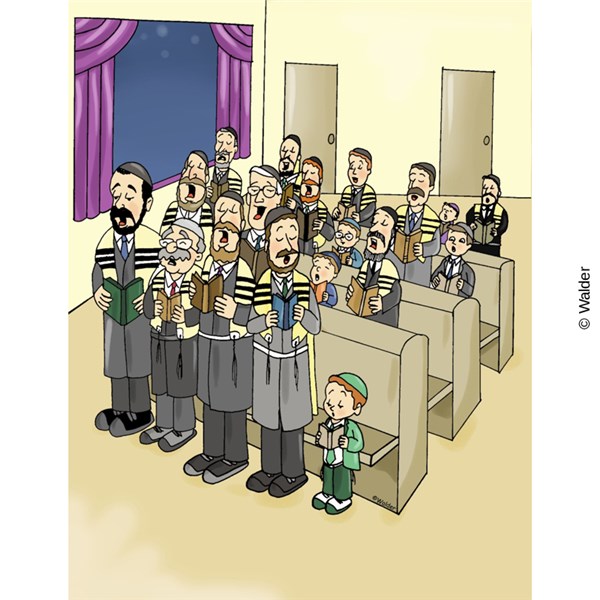A frisson of fright is sent up the spine of every sensitive Jew when Unesaneh Tokef is intoned on the Yomim Nora’im. Because of the image it conjures of the Dayan uMochiach, the One “Who judges and proves and knows and bears witness; Who writes and seals, counts and calculates, Who remembers all that was forgotten,” opening the Sefer Hazichronos in which “the signature of every man” is inscribed and which “will read itself.”
And because of the scene it paints of the“great shofar” sounding, followed by a “quiet, faint voice”; as the angels themselves are seized by “a trembling and terror” as they declare: “Behold, it is the Day of Judgment.”
The shudder is intensified by the tefillah’s soul-piercing reminder about the coming year—“who will live and who will die… who will be undisturbed, and who in turmoil,” who “will be laid low, and who raised high.”
And by the haunting melody to which it is traditionally sung.
And, finally, by our recollection of the tradition we have of the tefillah’s origin.
A certain Rabbi Amnon, who lived in the 11th century, the account goes, was pressured by the Archbishop of Mainz to convert to Christianity. Rabbi Amnon refused repeatedly, but on one occasion he asked for three days’ time to consider the offer, a stalling tactic he immediately regretted, as he realized he had given the priest hope that his Jewish subject might abandon his ancestral faith.
When Rabbi Amnon didn’t visit the clergyman at the end of the three days, he was forcibly taken to him and again refused the demand of the priest, who had Rabbi Amnon’s fingers and toes amputated one by one, pausing before each drop of the sword to allow the Jew to change his mind. He didn’t, and was returned to his home, along with his amputated limbs.
On Rosh Hashanah, Rabbi Amnon asked to be carried, along with his body parts, into the shul, and, before Kedushah, asked the chazan to pause. The silence was then broken by the tortured rav’s intonation of Unesaneh Tokef, after which he died.
Several days later, the leader of the Mainz Jewish community, Kalonymus ben Meshulam (who would later perish in the Worms Massacre), had a dream in which Rabbi Amnon taught him the words of the tefillah.
The account is attributed to the famous 13th century halachic work Ohr Zarua, written by Rav Yitzchok ben Moshe of Vienna. Reading the actual text one year led me to a detail I hadn’t realized before.
When Rabbi Amnon was brought before the archbishop, the rav told the clergyman that he wanted to be punished—not for refusing the Christian’s urging to convert but rather for giving the impression that he had even considered such a thing. “Cut out my tongue,” he told the archbishop. The clergyman, however, refused that request. He saw Rabbi Amnon’s sin as his refusal to come as he had promised, hence he chose his own punishment for the rav, the one that was meted out.
And so the priest, while he cruelly and grievously tortured the Jew, left his victim’s tongue in place.
“The voice is the voice of Yaakov and the hands are the hands of Esav,” said Yitzchak Avinu (Bereishis, 27:22). The use of weaponry, held by hands, is the province of Esav. Yaakov’s power lies in his tongue—in his words, his prayers.
There, I realized, was a point I had always missed. Rabbi Amnon, denied the excision of his tongue he had requested, went on to use it well—to compose the Unesaneh Tokef that marks a most poignant moment in the Musafim of Rosh Hashanah and Yom Kippur.
The part of his body he regretted having misused he ended up using powerfully, inspiring countless Jews over the generations since—to, as per the tefillah’s final declaration, use their own words, along with teshuvah and tzedakah, to be ma’avir any ro’a hagezeirah.
Gmar chasimah tovah.









